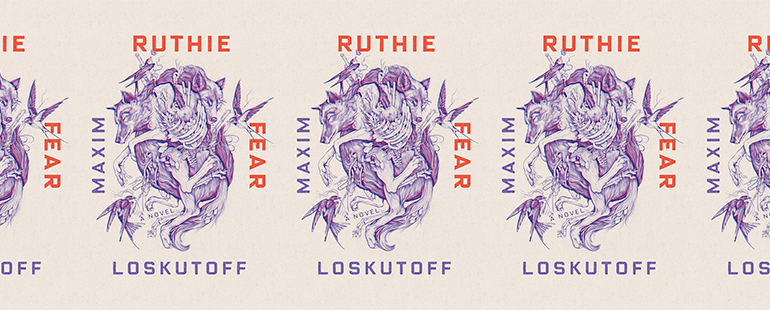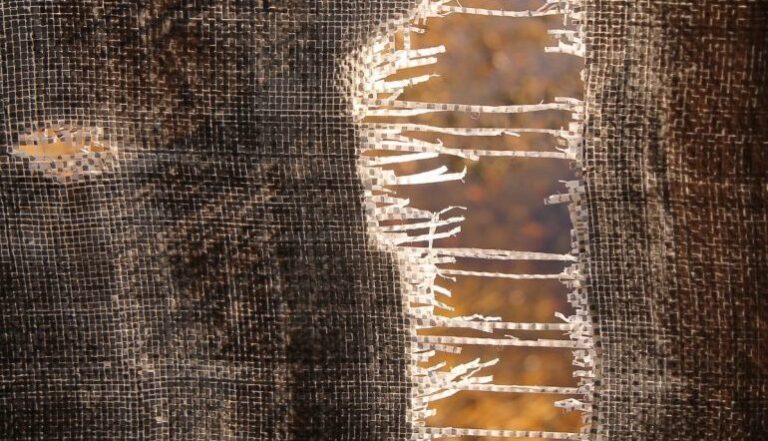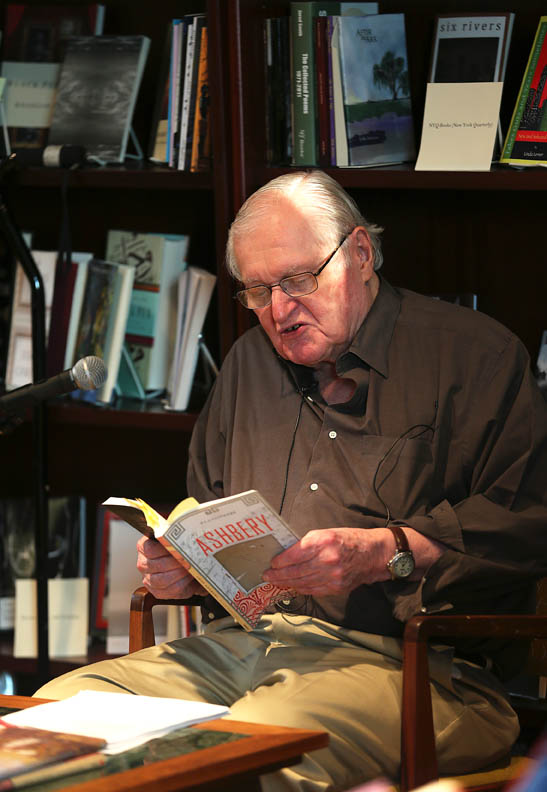Nature Prevails in Ruthie Fear

Living in squalor with her very young father in Montana’s Bitterroot Valley, the protagonist and namesake of Maxim Loskutoff’s new novel Ruthie Fear, out tomorrow, knows from an early age that the source of her stubborn, wild streak is “simply having to live in the world of men.” Ruthie is surrounded by men committed to masculinity of the most violent variety: featuring hunting, alcohol abuse, football, sexual obsession, and a deep hatred of the rich, her home is a backcountry struggling to find its place in the natural world that surrounds it. Ruthie’s father, Rutherford, for example, is attuned and sensitive to the lives and habits of forest animals, yet shoots the last wolf in the valley. Ruthie herself cares deeply about animal rights and environmental issues, yet participates with the men in the agonizing and inhumane felling of an entire herd of elk. Ruthie Fear is thus an exploration of man’s complicated relationship with the highest form of authority—nature.
Told from the perspective of a child growing into a woman, the novel toes the line between giving readers an inside scoop and showing them the perspective of an outsider with a critical eye. Though Ruthie knows the valley and its inhabitants intimately, as a woman she can never be a true insider. She holds empathy and contempt for the men around her in equal measures, watching from a remove as they cover themselves in elk urine and lie for hours in wait for their prey in the woods at the risk of attracting bears, as they get falling-down-drunk and rant about the laboratories supposedly ruining the valley, and as they look away from her or too closely at her as she grows. Ruthie watches as they struggle with their place in nature as human animals.
Throughout the novel, a fearsome axiom prevails: both in the fight to conquer nature and in the fight to preserve it, man cannot win. This truth is evident from the beginning, in descriptions of mountains sharp as knives, scenes of rushing waters that carry away anything and anyone in their path, and the disturbing image of the skin beetles cultivated by Ruthie’s father, eating the flesh off the skulls of animals hunters bring home to mount on their walls. Even when animals appear vulnerable, which they often do to Ruthie—poisoned, hunted down, getting their limbs shot off or tangled in barbed wire—their tenacity and superiority are unarguable, though they are fated to suffer horribly under the violence of man. Man, however, is doomed to drive himself to the ground in an effort to become as forceful as nature by exerting his power over it. But the seed of violence lies not in this wilderness that white settlers attempt to take over, but in human nature itself—the seed of violence that lives inside. As one character explains, tapping his chest: “It’s not in the ground, it’s in here. Waiting, all the time, and some people let it take over.” Contained within the nature of humans is the desire to own nature, to become it, and beat it down, all at once.
In a novel rife with dualities—man and woman, man and nature, love and hate, identification and estrangement—even premonitions are two-fold. Some live within the novel, others within the reader’s mind. Ruthie has premonitions of fantastical creatures she sees as a child, creatures not inherently evil, but that fill her with a dread and disgust so deep she is moved to learn how to shoot a rifle so she might eliminate them. These creatures seem to be symbols both of the aggression Ruthie sees all around her and of the easy loathing awakening within her too, toward anything new and unfamiliar. But this clear-cut symbolism is turned on its head in one of the book’s many surprising and stunning moments when the creatures turn out to be more than simple metaphors in man’s complicated and abusive relationship with nature.
An unexpected, frightening, consuming natural phenomenon, Ruthie’s fantastical creatures strike close to home in the reality of 2020, which brings me to the second layer of premonition I speak of: the one I felt as a reader. The COVID-19 pandemic has brought into relief what has always been clear to some—that the modern world is a ticking time bomb, both lethal and disposable. Many claim that the virus is a lesson for those who think we can continue to deplete natural resources unhindered. As lockdowns first began, resulting in humans staying indoors, we all watched in awe as wilderness began to creep into our modern lives, returning to its pre-human habitats. Wild animals infiltrated towns and cities, fields overgrew, stars pierced through previously polluted skies. Written pre-pandemic, Ruthie Fear contains some images and ideas that feel all too true for our 2020 reality: animals taking over roads and property, coughing fits that incapacitate, and an overarching sense of menace in the face of all the natural world has to offer. Coupled with vigilante law and the last stand mentality of the hard northwest, the world of Ruthie Fear appears ready to unravel in the same fashion as ours.
In this book Loskutoff hones and deepens the unique skill he showcased in his debut, the short story collection Come West and See: a capacity for human complexity, the talent to hold beauty and ugliness at once. The novel’s characters—most notably Ruthie and Rutherford—are sympathetic and unsympathetic in turn. Ruthie feeds otters and lets a sexually aggressive man into her motel room only to turn the aggression around on him. A young robber is murdered by a group of hunters. Rutherford keeps loaded guns in his bedroom within easy access of his young daughter and abhors spotlight hunting. Old-timer Len Law is a beloved community volunteer with deviant tendencies and a dark family history. Football star turned police officer Michael Badger is violent and submissive all at once. The characters continually impress, disgust, advance, and backtrack, refusing to accept any simple definition, contradicting themselves in a world of contradictions. Man wants to rule over nature while being in communion with nature. Man uses violence both as a weapon and as a source of pleasure. Townsfolk will put themselves in harm’s way to defend their rights to land while living side by side with the Salish people whose ancestral territories their forefathers wrenched, ignoring the injustice in the white settlers living there at all, the purity of their rage untarnished. Complexity and inconsistency are at the core of humanity; comfortable conclusions are not an option.
Ruthie sees no way to steer man away from his collision course. In her mind, she returns time and again to the image of early women settlers in the valley, bearing children fated to kill themselves in a senseless battle for superiority over the world around them, and then experiencing feverish hallucinations, going off into the wild to visit with the spirit world, never to return. This fate may be the only one available to women as they witness yet cannot stop the men around them from living out some bloody fantasy, playing cowboys versus Indians and drinking themselves silly. All the way to the shocking end of the book, it is impossible to say for sure whether ruin will be served by the natural world itself or by the modern world collapsing onto itself. Ultimately, those contradictions are one and the same. There can be no victory for neither. Even while man beats nature, nature wins. Even when nature prevails, everybody loses.

